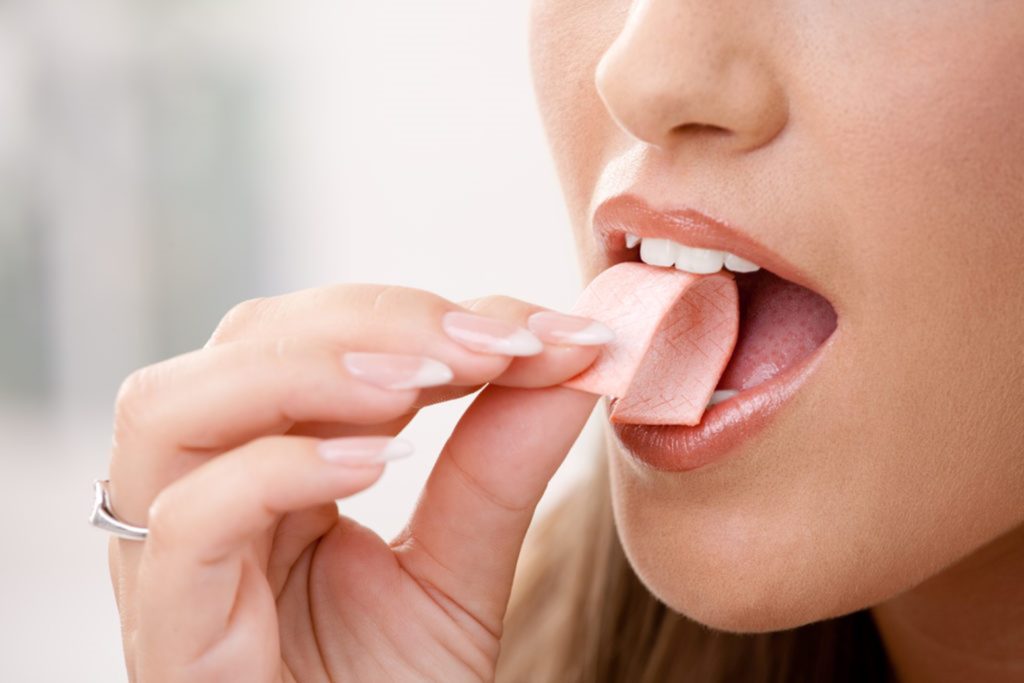Can Chewing Gum Affect My TMJ Disorder?
June 17, 2022

Chewing gum is a bit of an enigma—it’s sticky and sweet, but it doesn’t get stuck in our mouths, and we aren’t supposed to swallow it. However, even though it might seem like hardly more than a small novelty meant to enjoy, have you ever wondered if chewing gum can affect your TMJ disorder? Keep reading to learn more from your sleep dentist in Albuquerque about TMJ disorders and how they’re influenced by chewing gum.
What Exactly Is TMJ Disorder?
TMJ disorder refers to a condition affecting the temporomandibular joints in your jaw, and over 10 million Americans are afflicted by it. Patients who suffer from it experience misalignment or deterioration of these joints due to the surrounding cartilage being worn and destroyed. This cartilage is crucial because it absorbs much of the tension that’s produced when you bite and chew. Symptoms include:
- Pain in your jaw.
- Difficulty moving your jaw and opening or closing your mouth.
- Popping or clicking noises when you move your mouth or chew.
- Headaches and earaches.
- Bruxism (grinding or clenching your teeth at night).
What Is the Link Between Chewing Gum and TMJ Disorder?
You might be wondering what TMJ disorder (TMD) has to do with chewing gum—but researchers have linked these two things through a study that measured two groups of participants: one group that chewed gum throughout the day, and another group that didn’t chew any gum at all. They found that the group who chewed gum experienced symptoms of TMD more frequently than the group who didn’t chew any gum at all!
How Can Chewing Gum Worsen My TMJ Disorder?
It’s believed that chewing gum creates extra tension and strain on the jaw muscles and temporomandibular joints. The constant motion and frequency of the chewing that occurs with gum simply expedites the wear and tear on the cartilage surrounding the joints. So, if you’re already experiencing TMD symptoms, chewing gum will likely put you at a higher risk of those symptoms progressing and creating serious problems for your jaw. Your dentist might recommend that you avoid chewing gum until after receiving treatment for your TMJ disorder.
It’s estimated that the average American chews nearly 300 pieces of gum every year; but if you believe you might be suffering from TMJ disorder, you should ditch the habit for now and visit your dentist for treatment and relief.
About the Practice
Craniofacial Sleep Medicine and TMJ proudly serves patients and families in Albuquerque under the leadership of Dr. Eric Coontz! Dr. Coontz has over 45 years of experience in several fields and his practice is proud to offer many available services including TMJ disorder treatment! If you or a loved one has questions or concerns about TMJ disorders or would like to schedule a visit, feel free to contact the practice online or by phone: (505) 433-2107.
No Comments
No comments yet.
RSS feed for comments on this post.
Sorry, the comment form is closed at this time.
